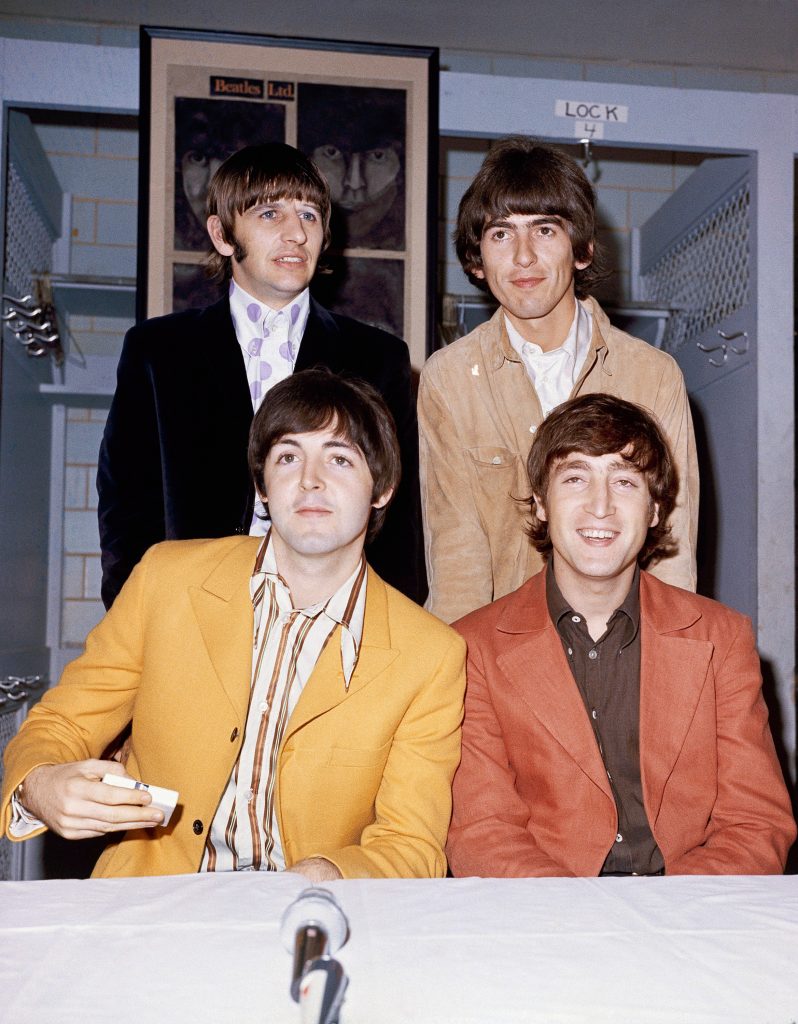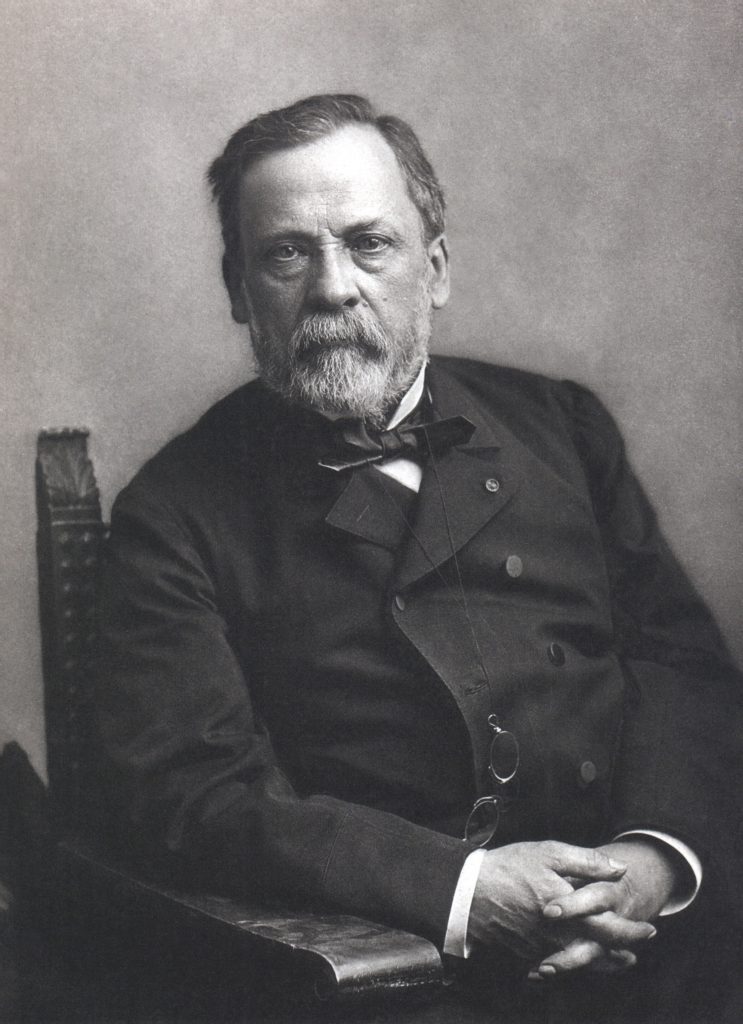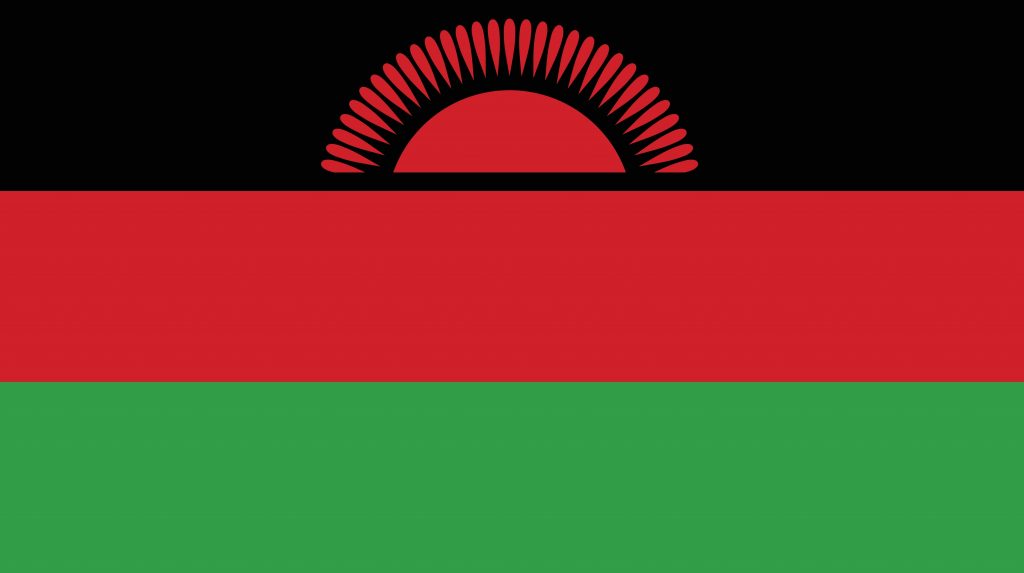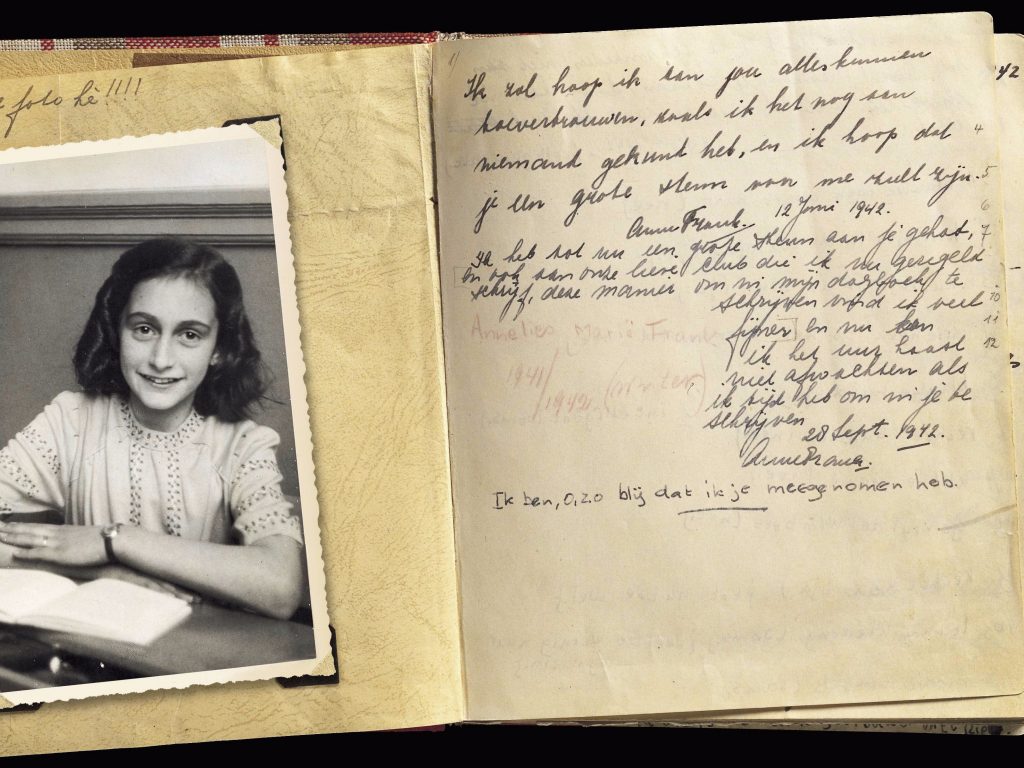During the Bosnian War, the Srebrenica offensive marked a tragic event where Bosnian Serb forces attacked the UN-protected enclave of Srebrenica in eastern Bosnia. This led to the massacre of over 8,000 Bosnian Muslim men and boys, an act later classified as genocide by international courts.

Gravestones at the Potočari genocide memorial near Srebrenica.By Michael Büker – Own work, CC BY-SA 3.0, https://commons.wikimedia.org/w/index.php?curid=6405619
In 1964, Malawi Gains Independence
Formerly known as Nyasaland, Malawi gained independence from British colonial rule and became a country within the Commonwealth of Nations. The movement for independence was led by Dr. Hastings Kamuzu Banda, who became the country’s first president.
In 1957, Paul McCartney and John Lennon Meet for the First Time
The two met on July 6 at the St. Peter’s Church Hall in Woolton, Liverpool, during a church fete where Lennon’s band, The Quarrymen, was performing. This meeting was the beginning of a legendary partnership that would eventually form The Beatles, one of the most influential bands in music history.

Members of the Beatles; George Harrison, Paul McCartney, Ringo Starr and John Lennon during their U.S.A tour. Photo taken in Washington D.C., August 13, 1966. (AP Photo)
In 1957, Althea Gibson becomes the First Black Tennis Player to Win the Wimbledon Singles Championship
Her victory over Darlene Hard, was a monumental breakthrough in the sport, challenging racial barriers and paving the way for future generations of athletes of color. Gibson’s achievements in tennis were not only significant in the world of sports but also in the broader civil rights movement.

Althea Gibson, half-length portrait, holding tennis racquet / New York World Telegram & Sun photo by Fred Palumbo. It’s been modified fro the original to cropp out a pillar in the left and clean up the remainder, which seems in line with this being a newspaper photo. 1956. By Adam Cuerden – This image is available from the United States Library of Congress’s Prints and Photographs divisionunder the digital ID cph.3c14745. See Commons:Licensing., Public Domain, https://commons.wikimedia.org/w/index.php?curid=1305609
In 1942, Anne Frank is Forced into Hiding
Anne Frank and her family went into hiding in a secret annex behind her father’s business in Amsterdam to escape the Nazi persecution of Jews during World War II. For the next two years, Anne documented her life in hiding through her now-famous diary, providing a poignant and personal perspective on the horrors of the Holocaust.
In 1885, an Antirabies Vaccine is Successfully Tested
French scientist Louis Pasteur successfully tested the first rabies vaccine on a human, a young boy named Joseph Meister who had been bitten by a rabid dog. Pasteur’s work laid the foundation for the development of vaccines against numerous other diseases.

Scientific Identity, Portrait of Louis Pasteur.By Paul Nadar – File:Louis Pasteur, foto av Paul Nadar.jpg, Public Domain, https://commons.wikimedia.org/w/index.php?curid=28039885
In 1535, Thomas More is Beheaded
English Humanist and Statesman Sir Thomas More was executed for refusing to accept King Henry VIII as the Supreme Head of the Church of England. More’s steadfastness to his principles made him a martyr for the Catholic faith and a symbol of integrity and conviction. He was later canonized by the Catholic Church as Saint Thomas More.

Portrait of Sir Thomas More (1527). Oil and tempera on oak. Frick Collection, New York CityHans Holbein the Younger, Public domain, via Wikimedia Commons.
In 1415, Jan Hus is Burned at the Stake
Czech Religious Reformer Jan Hus was burned at the stake for heresy against the doctrines of the Catholic Church at the Council of Constance. Hus’s calls for church reform and criticism of church practices such as indulgences inspired the Hussite movement and prefigured the Protestant Reformation.

Jan Hus at the Stake. By Janíček Zmilelý z Písku – Jena codex, Antithesis Christi et Antichristi: http://www.esbirky.cz/predmet/180453, Public Domain, https://commons.wikimedia.org/w/index.php?curid=135208
– Don’t miss out on To Vima’s daily “On this Day in History” posts.





